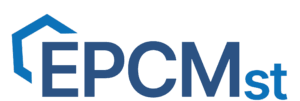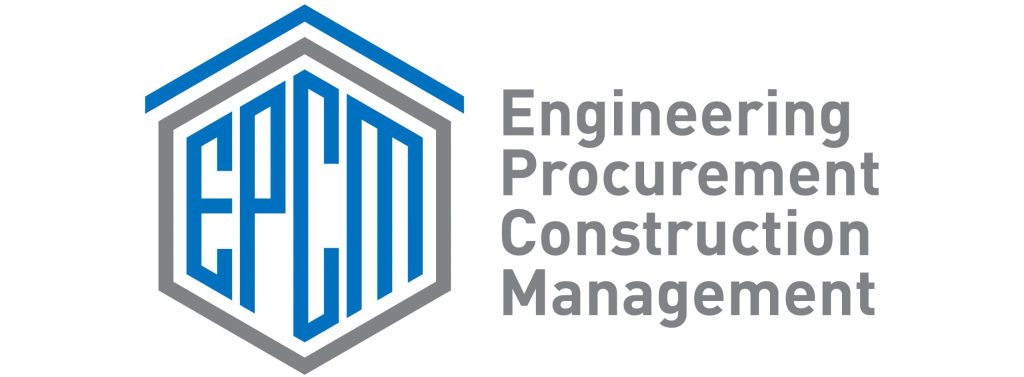The world of EPC (Engineering, Procurement, and Construction) is a dynamic one. It’s a realm where colossal projects take shape, driven by the dedication and expertise of its professionals. However, the demanding nature of the industry, with tight deadlines, travel requirements, and high-pressure environments, can often come at a cost – employee burnout.
The Tightrope Walk: Challenges to Work-Life Balance in EPC
Maintaining a healthy work-life balance is a constant struggle for many EPC professionals. Here are some key challenges they face:
- Long Project Deadlines: EPC projects are often complex and multi-phased, with deadlines that stretch over months or even years. This relentless pressure to meet timelines can lead to extended work hours and difficulty disconnecting from work outside of office hours.
- Travel Demands: The global nature of EPC projects often necessitates frequent travel to project sites, sometimes in remote locations. This can disrupt personal routines, strain relationships, and create feelings of isolation.
- High-Pressure Environments: The EPC industry thrives on innovation and efficiency. This can translate into a high-pressure work environment, where employees feel constantly under scrutiny to perform. This stress can take a toll on mental and physical well-being.
Building a Culture of Well-being: Initiatives for a Sustainable Work-Life Balance
Fortunately, progressive EPC companies are recognizing the importance of employee well-being and are implementing initiatives to promote a sustainable work-life balance:
- Flexible Work Arrangements: Offering flexible work schedules, remote work options, and compressed workweeks can give employees greater control over their time, allowing them to manage personal commitments alongside professional responsibilities.
- Qualitative Information: A recent study by FlexJobs found that 90% of employees report feeling less stressed and more productive when offered flexible work arrangements.
- Mental Health Resources: Providing access to mental health resources, such as counseling services and Employee Assistance Programs (EAPs), demonstrates a company’s commitment to employee well-being. These resources can equip employees with tools to manage stress and maintain mental health.
- Interview with Sarah Jones, EPC Engineer: “Having access to an EAP through my company was a lifesaver during a particularly demanding project phase. It allowed me to talk through my stress with a professional and receive valuable coping strategies.”
- Employee Recognition Programs: Recognizing and rewarding employee achievements fosters a sense of value and motivation. This can go beyond traditional bonuses and promotions, including celebrating personal milestones and acknowledging individual contributions.
- Interview with David Lee, Project Manager: “Our company’s quarterly recognition program, which highlights both professional and personal achievements, makes me feel valued as an employee and a person. It reminds me that my well-being is important to the company.”
Creating the Ideal Landscape: A Call to Action
Building a sustainable work culture that fosters work-life integration requires a collaborative effort. We encourage readers to share their experiences:
- What challenges have you faced in maintaining work-life balance within the EPC industry?
- What initiatives or changes would you like to see implemented by EPC companies to promote well-being?
- What does your ideal company culture look like in terms of promoting work-life integration?
By fostering open dialogue and prioritizing employee well-being, EPC companies can create a work environment where professional success and personal fulfillment go hand-in-hand. This will not only benefit employee morale and retention but also contribute to a more productive and innovative EPC industry overall.

